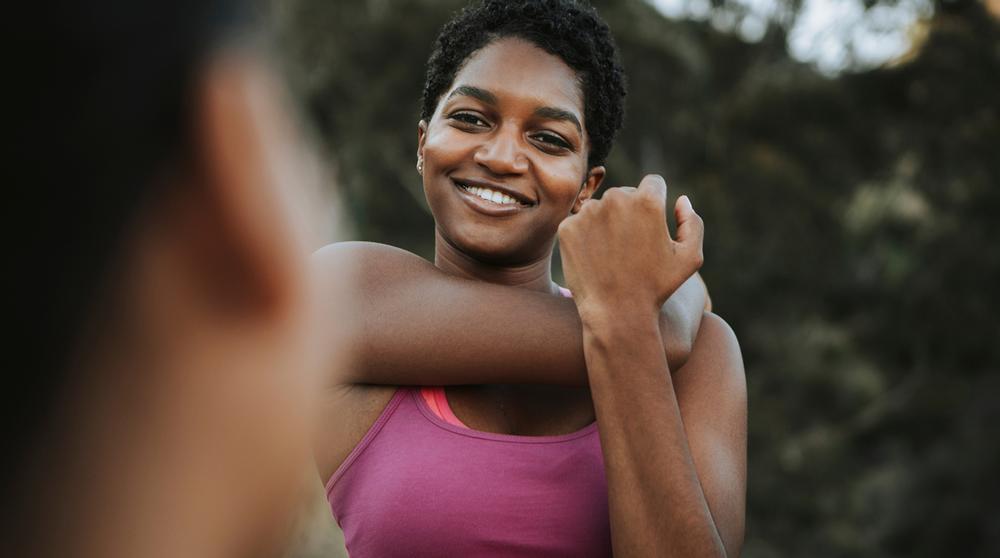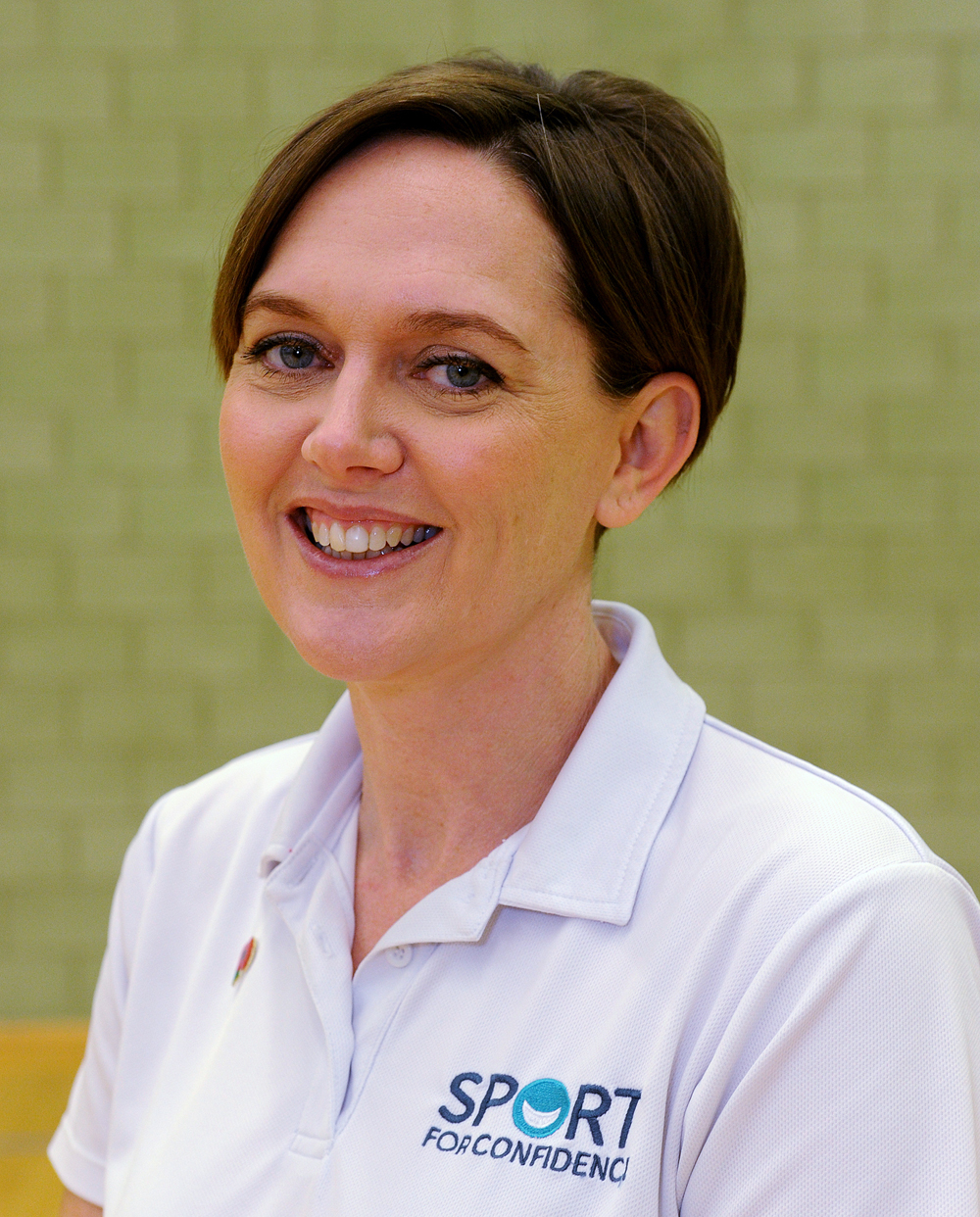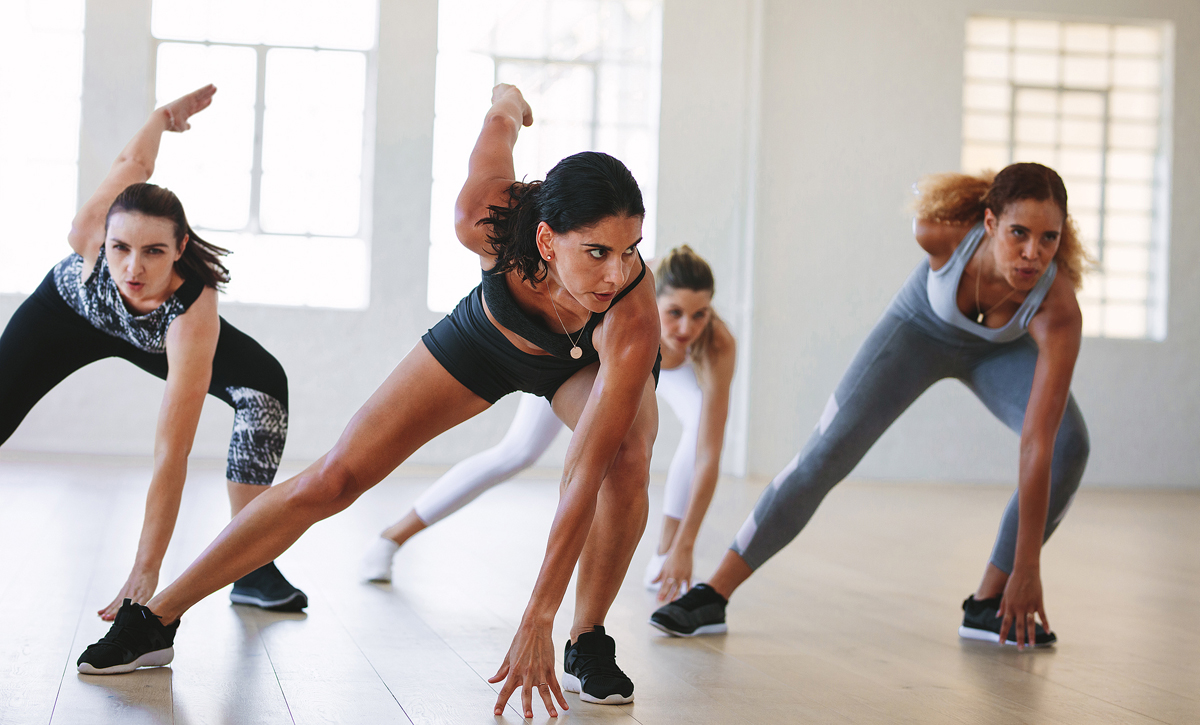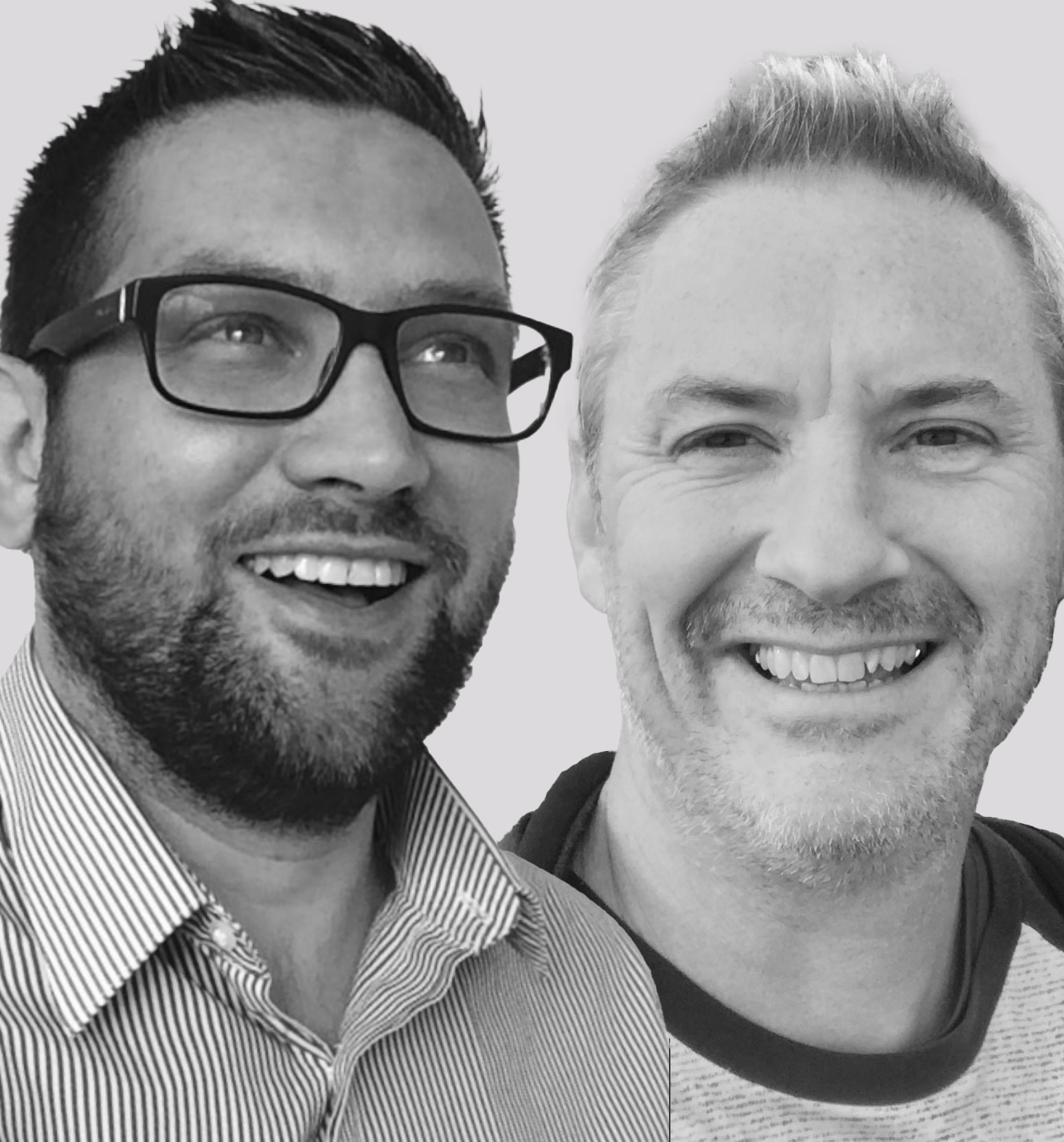Mental health disorders already account for almost a quarter of the total burden of ill health in the UK, but according to The Health Foundation, it is well-documented that mental health problems increase following disasters and viral outbreaks, as more people are exposed to stressors, lose their coping mechanisms and access to mental health treatment.
The pandemic is widening the pre-existing health inequalities, as well as affecting people who have not previously experienced poor mental health.
According to a survey in May, taken by the Office for National Statistics, more than two thirds of adults in the UK reported feeling somewhat or very worried about the effect COVID-19 is having on their life. The biggest concern, felt by 63 per cent, is worry about the future; while 56 per cent feel anxious or stressed and 49 per cent feel bored.
The UCL COVID-19 social study of 90,000 UK adults monitored mental health symptoms throughout lockdown one and found levels of anxiety and depression improved in early June when lockdown measures began to lift. However, they remained highest among young people, those with lower household income, people diagnosed with mental illness, people living with children and those living in urban areas.
Mental health charity Mind found that almost a quarter of people who tried to access mental health services during a fortnight in April failed to get any help. The Royal College of Psychiatrists reported that almost half of psychiatrists saw increases in urgent and emergency cases during lockdown 1, but there was a fall in routine appointments, prompting fears that there will be a flood of untreated and exacerbated mental illness cases after the pandemic.
The UK government’s report Analysis of the health, economic and social effects of COVID-19 and the approach to tiering, published on 30 November, expects there to be an increase in instances of anxiety disorders, depressive disorders and self harm in both adults and children, as well as a deterioration in physical health through reductions in activity levels and an increase in alcohol consumption.
Although the vaccines give hope that a return to normal life could be around the corner, the destruction the virus has caused will not disappear any time soon. Recovering from the losses and rebuilding lives, businesses and the economy will take time and mental health will continue to be impacted.
The industry is committed to rehabilitating the nation’s health and fitness, but what about mental health? Do mental health programmes also need to become a standard part of the offering? And if so, what is appropriate? We ask the experts how health and fitness operators can best support their members’ mental health...




























































